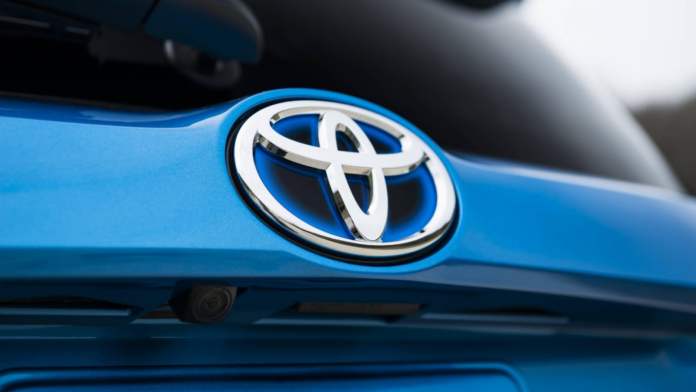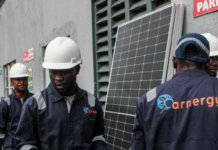Toyota is charging full speed ahead in the electric vehicle race, announcing an additional $8 billion investment in its North Carolina EV battery plant. This strategic move underscores the Japanese automotive giant’s commitment to electrify its vehicle lineup and roll out 30 new battery electric models globally by the end of this decade.
The investment supercharges the value of the North Carolina factory to a hefty $13.9 billion, dwarfing the initial projection of $1.29 billion. This isn’t just a monetary boost—it’s a clear signal of Toyota’s shift into high gear to embrace the EV transformation.
Scheduled to start production in 2025, the plant will become a powerhouse of battery manufacturing, with the new funds earmarked for eight additional production lines. This expansion means the Liberty, North Carolina facility will boast ten lines, propelling its production capacity to an impressive 30 GWh annually by 2030. To put this into perspective, it’s nipping at the heels of the capacity of the notable Tesla-Panasonic gigafactory.
Long perceived as dragging its feet in the EV race, Toyota is now accelerating its efforts. The company maintains a balanced portfolio strategy, continuing to champion a mix of hybrid, plug-in hybrid, and battery electric vehicles—a diversified approach in the rapidly evolving auto industry.
The timing of Toyota’s expansion is intriguing, as it contrasts with other auto behemoths like Ford and GM, who are hitting the brakes on their EV ventures. Amidst fluctuating demand for premium EVs, these competitors are reevaluating their timelines for new battery factories and EV models. For instance, Ford recently pumped the brakes on about $12 billion of its EV investments.
Despite the industry’s cautious pace, the EV manufacturing surge powers on, especially in the region aptly dubbed the “battery belt,” stretching from Michigan to South Carolina.
North Carolina is emerging as an electric haven, with over $11 billion funneled into its EV sector since 2020. Noteworthy investments include Vinfast’s $2 billion venture and Wolfspeed’s $5 billion semiconductor plant, both contributing to the state’s burgeoning EV ecosystem.
The Toyota facility isn’t just about production; it’s poised to be a beacon of employment, promising over 5,000 jobs, as highlighted by the Economic Development Partnership of North Carolina.
Christopher Chung, CEO at the Economic Development Partnership of North Carolina, captures the sentiment perfectly: “Today’s announcement is yet another validation of North Carolina’s national recognition as a hub for innovation, and a top location for electric vehicle manufacturers and suppliers.” The state celebrates its rich partnership with Japan, cherishing the deep economic impact and the job opportunities spawned by such foreign investments.
Toyota’s latest venture is more than a financial commitment—it’s a testament to the company’s adaptation in an industry that’s swiftly pivoting towards sustainable transportation. It also reinforces North Carolina’s position as a pivotal player in the American EV narrative.
With this investment, Toyota is not only betting on the future of mobility but is also planting the seeds for a greener, more electric-driven era of transportation. It’s a significant step forward for the company and a boon for the state, promising a future where innovation, employment, and sustainability drive forward hand in hand.











